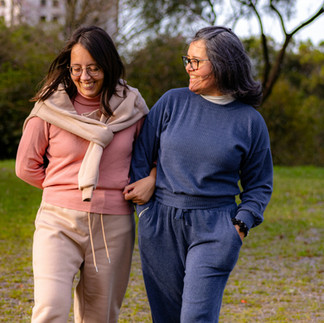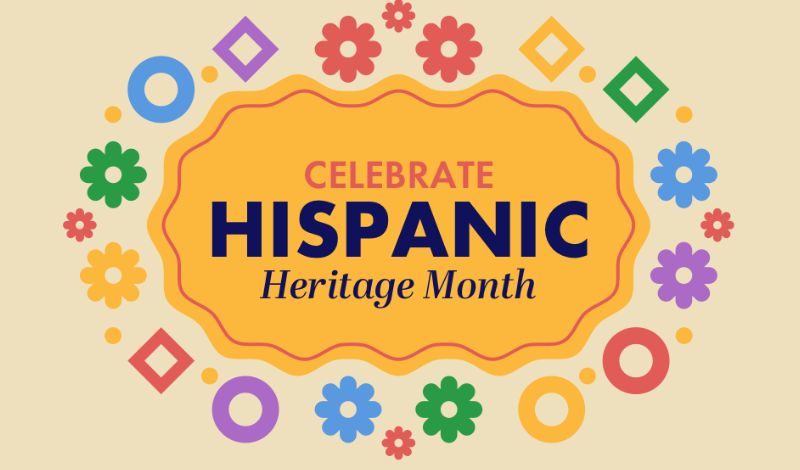Why National Diabetes Month Matter
- Sarai Ambert-Pompey

- Nov 4, 2025
- 2 min read
Diabetes affects over 53 million adults in the U.S.—a staggering 15.8% of the population as of 2025. But the burden is not shared equally. Black, Indigenous, and People of Color (BIPOC) face significantly higher rates of both type 2 diabetes and its complications due to a complex web of structural racism, limited access to care, and food insecurity.

American Indian/Alaska Native adults are diagnosed with diabetes 36% more often than the general population.
Black adults are nearly twice as likely to die from diabetes-related causes compared to white adults.
Latinx adults are 70% more likely to be diagnosed with diabetes than non-Hispanic whites.
This year’s campaign theme, “Taking Action to Prevent Diabetes-Related Health Problems,” emphasizes early detection, lifestyle support, and community-based solutions.

The Hidden Link: Food Insecurity & Diabetes
Food insecurity—defined as limited or uncertain access to nutritious food—affects millions of Americans, especially in low-income and BIPOC communities. It’s not just about hunger; it’s about nutritional quality and chronic stress.
People experiencing food insecurity are more likely to develop type 2 diabetes and struggle to manage it due to inconsistent access to healthy meals.
Many must choose between groceries and medications, or rely on low-cost, high-carb foods that spike blood sugar.
The cycle is vicious: poor nutrition worsens diabetes, which increases healthcare costs, which deepens financial strain.
Tips for Prevention & Support
Whether you’re living with diabetes or supporting someone who is, here are a few practical steps:
Know Your Numbers: Ask your provider about an A1C test, especially if you have a family history or symptoms like fatigue or frequent urination.
Build a Balanced Plate: Focus on fiber-rich foods like beans, whole grains, and leafy greens. Frozen veggies are budget-friendly and just as nutritious.
Move Your Body: Even 20 minutes of walking a day can improve insulin sensitivity.
Lean on Community: Join local wellness groups, cooking classes, or walking clubs. Connection is medicine.
Advocate for Access: Support policies and programs that expand food access, affordable care, and culturally relevant nutrition education.
Your Care, Your Community: Libélula Primary Care
At Libélula Primary Care, we believe that inclusive, culturally grounded healthcare is a right—not a privilege. We offer bilingual, care for BIPOC communities in Boise, with a focus on preventive health, chronic disease management, and food justice.
This National Diabetes Month, we invite you to:
Schedule a wellness visit or A1C screening
Join our Walk with the Doc community event
Explore our bilingual blog for recipes, tips, and stories of resilience
Because your health is sacred. Your story matters. Your care should reflect your community.
Let’s take action—together.
References:









Comments